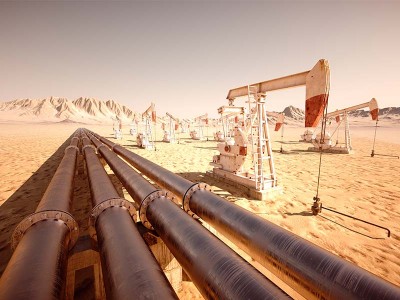Dramatic shifts have occurred in the domestic energy market over the last several years as U.S. production of oil and natural gas reached record levels which global demand for energy shows no sign of slowing down. With all of these changes, one question remains: is our country doing all that it can to support and enhance the energy security of our Allies?
Next year, the U.S. is on track to achieve a historical energy benchmark as the first shipment of liquefied natural gas (LNG) is set to embark from the Sabine Pass Terminal in the Gulf of Mexico. This much-anticipated moment coupled with the unveiling of language in the U.S.’s Trans-Pacific Partnership (TPP) trade deal this month, requires a serious re-evaluation of U.S. trade policy and the blueprint of our global energy future.
Having just returned from the Warsaw Security Forum in Poland where NATO and other European nations discussed complex economic and military security issues, Europe’s continued dependence on crude oil and natural gas from an increasingly hostile Russian Federation was forefront in many delegates’ minds. One solution discussed enthusiastically by our allies is the future ability of U.S. to send natural gas to Europe in order to diversify energy supplies and to send important signals to friends and foes alike that America’s foreign policy will assist democracies in reducing the influence from Russia.
Read more on Forbes.






